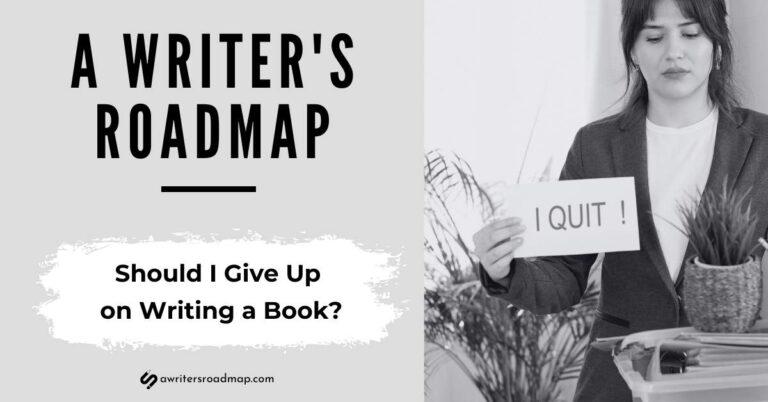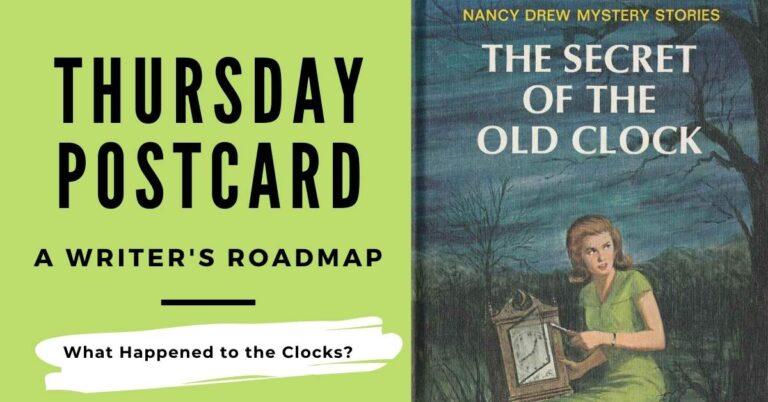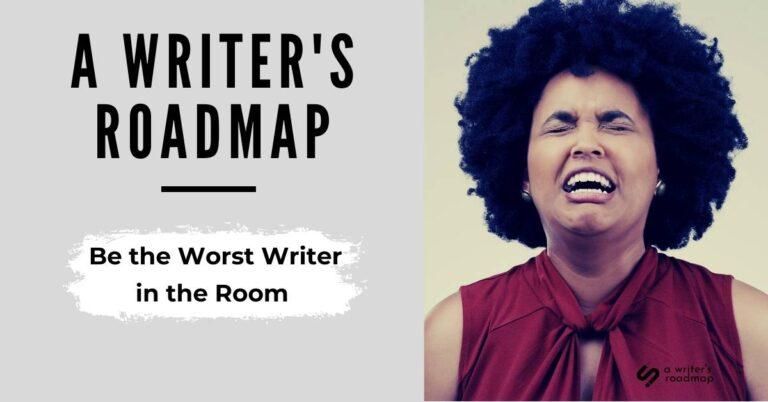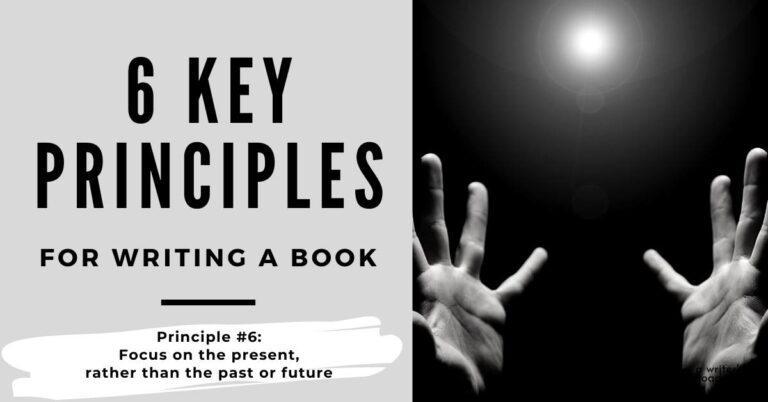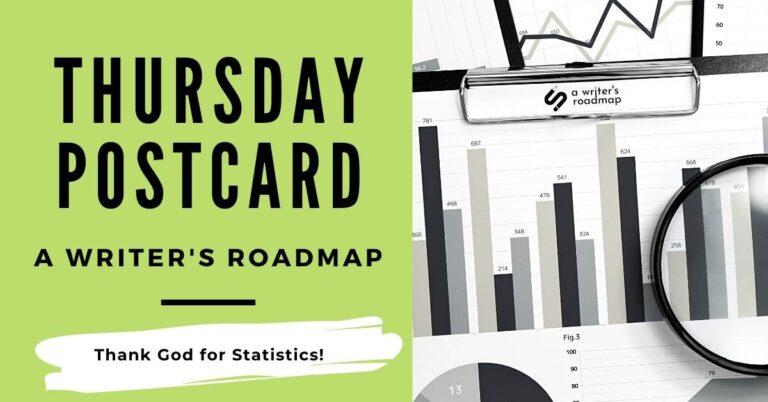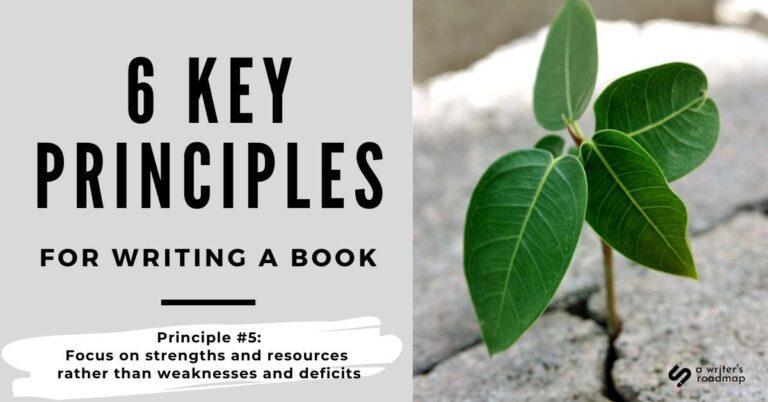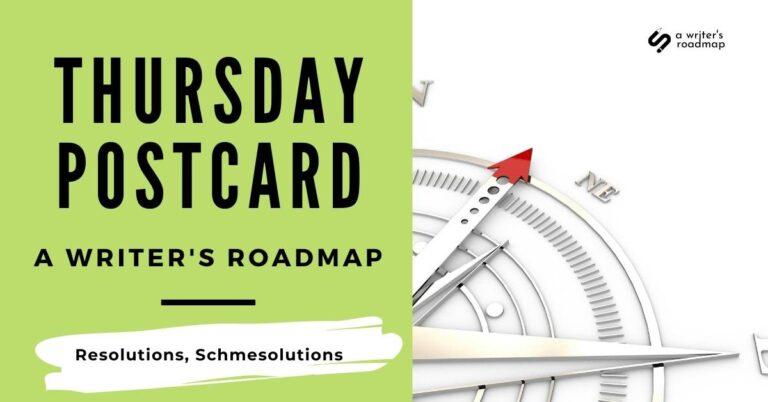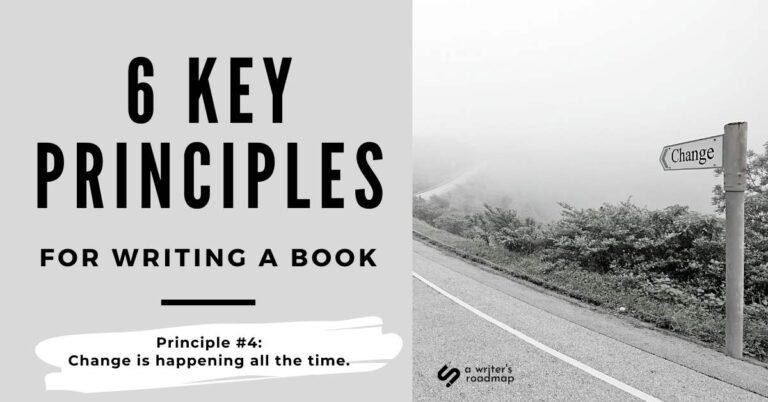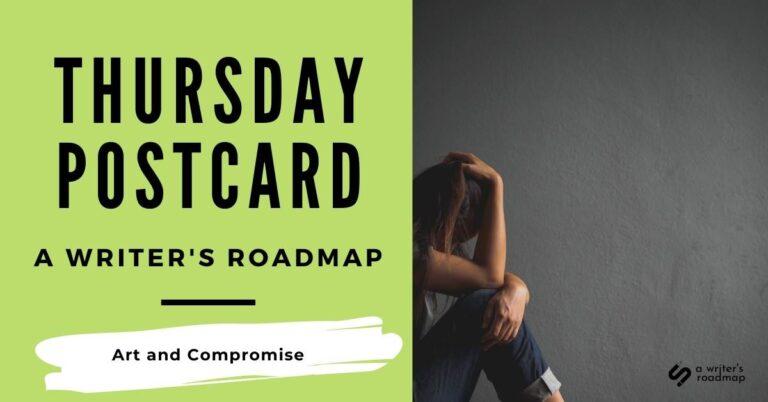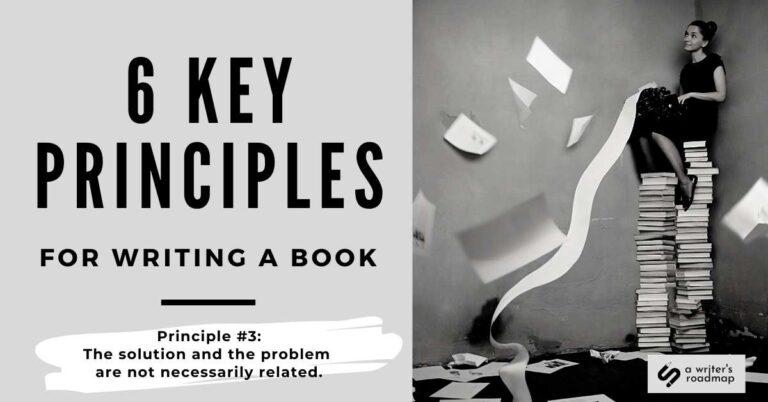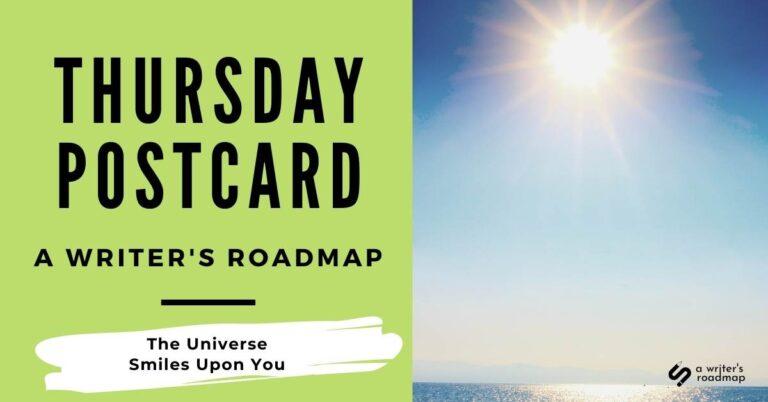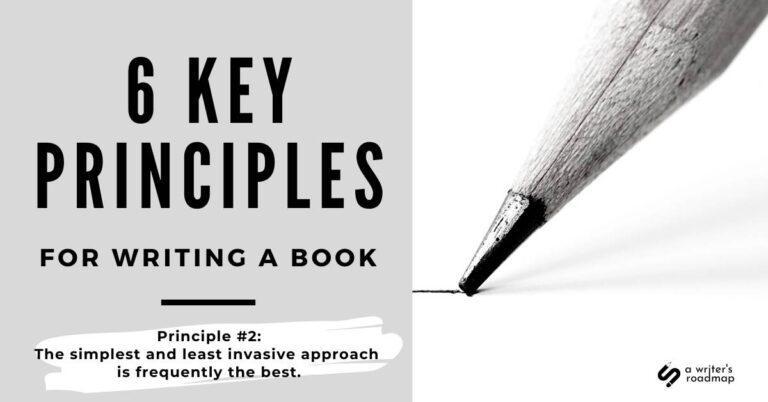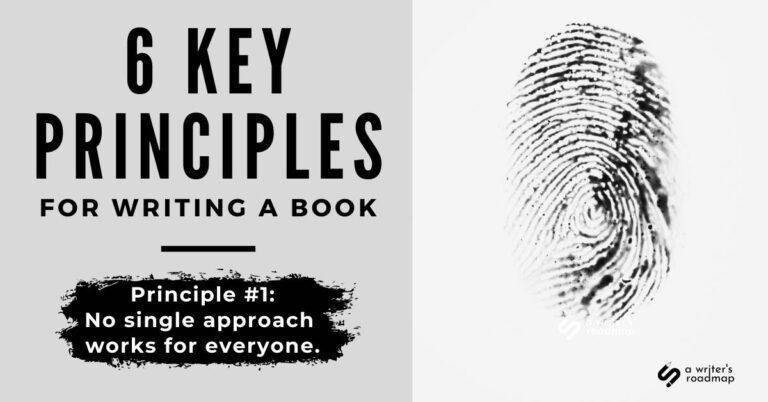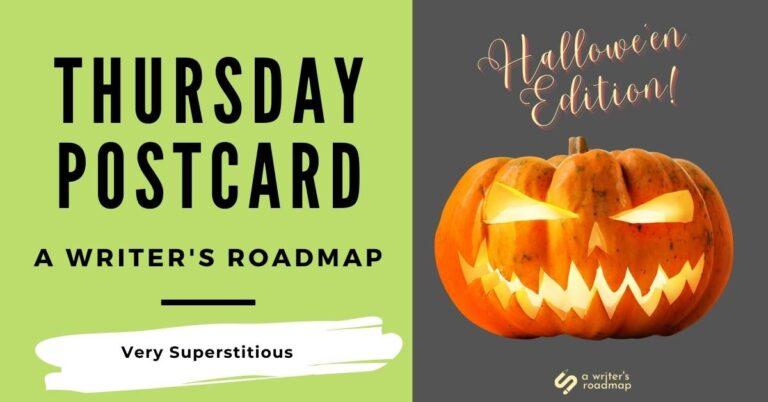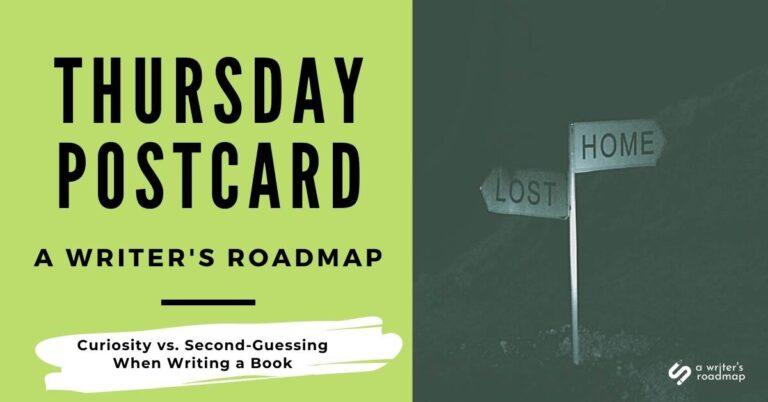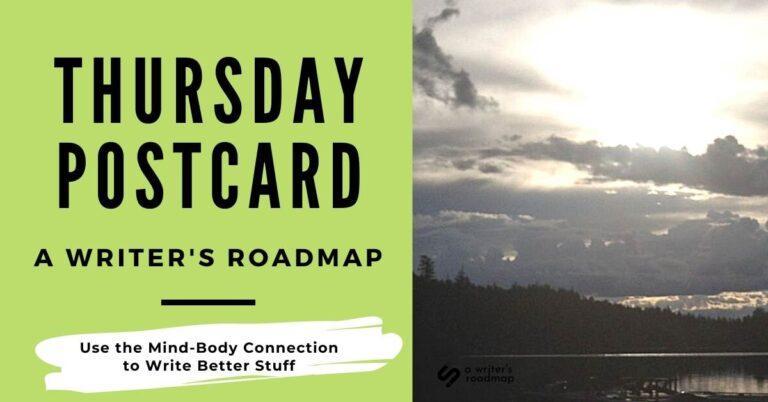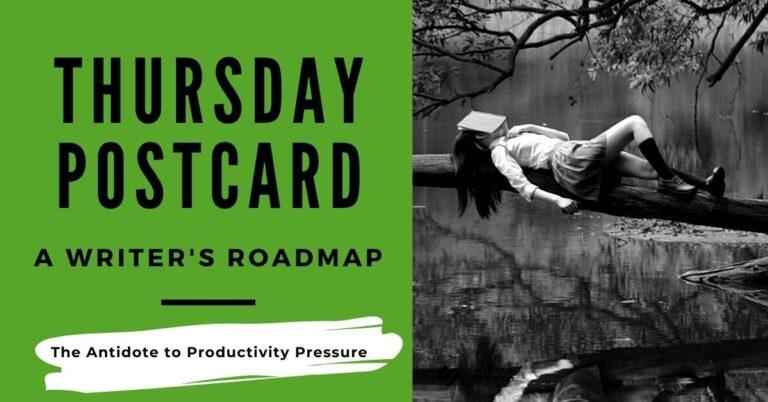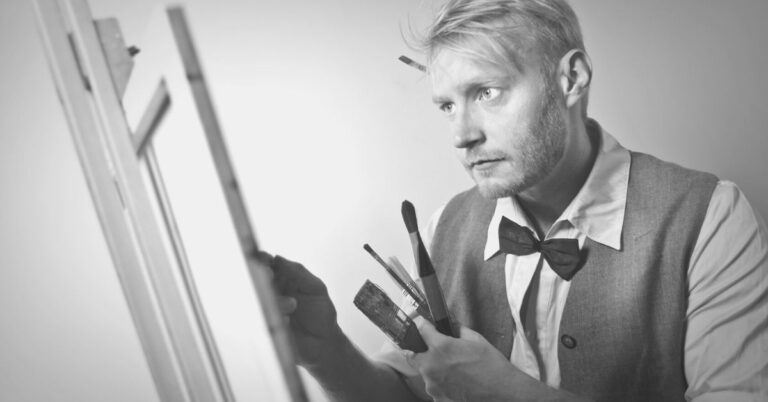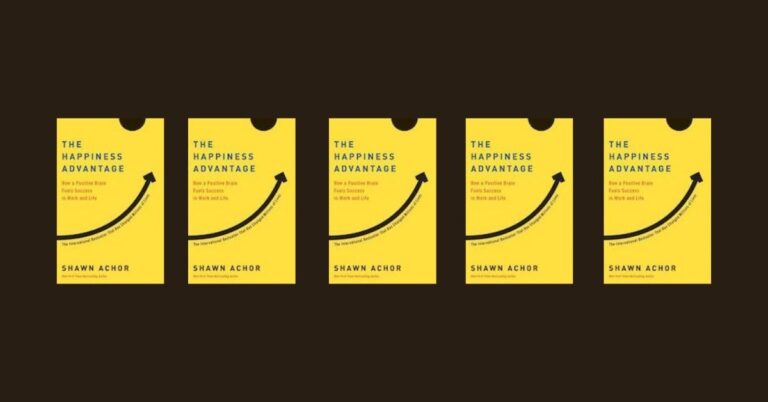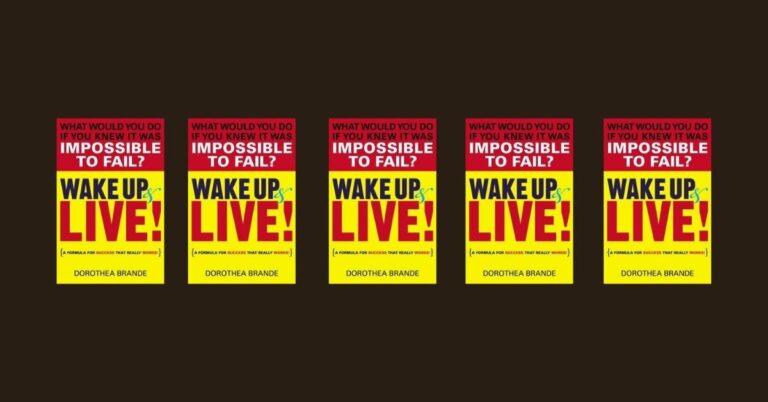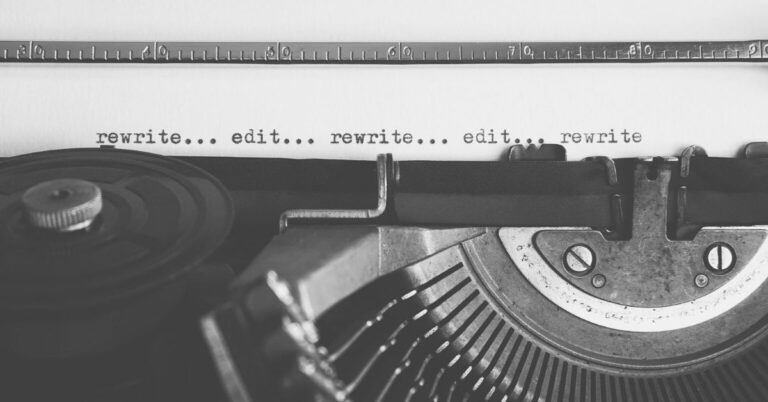When live readings come back, will you be ready?
A few years ago I was at a nonfiction reading where the writer at the podium kept asking what time it was and leafing through his book, muttering “OK…OK…OK.” He panicked halfway through his time slot, yelled “that’s it!” and bolted for the door.
In a way, seeing a well-published writer go bananas in public was comforting. Being a weirdo is not the end of the world. He lived. I still like his writing.
People are not going to stop liking your work just because you give a bad reading. But why not try to give a good one?
Let’s say you’re comfortable talking to groups of people, say to teach them something or share your perspective. Getting up in front of a crowd to read part of your story or book to people isn’t like that. It can be stressful. After all, it’s your stuff!
And important questions will arise as you prepare. If it’s a scene you’re reading, do you need to act both parts? Should you change your voice or stance, depending on who’s speaking? If it’s exposition, is the bit interesting enough? Does your voice drone on, or end every sentence on an up note? WILL YOU NEED TO SELF-MEDICATE just to stop your hands from shaking?
Famous writers, or writers in specific situations (conferences, MFA program craft talks) will often read alone as the “headline act,” but most readings have a roster of writers with a limited time slot for each. At these group readings, at least part of the audience won’t have heard of you or read anything you’ve written. They’re there perhaps to support another writer, or just because they like the “live theatre” aspect of live readings and are looking for a night out.
Some things are under your control
One of the great things about live theatre is that anything can go wrong. In a reading, what goes wrong is not usually the tech or the set, which are very simple, but things under the writer’s control, like:
- What they choose to read, and for how long
- How they read
- How the audience feels about the experience
Some of my favorite writers are entertaining readers and lecturers. Former punk rocker Jonathan Evison is extremely funny. He dresses cool, and as a long-time beer lover, I was glad to hear that he will sometimes (often?) hand out beer at readings. Writer Jess Walter is effortlessly hilarious. He could probably have a respectable standup career. Margaret Atwood tells good stories and sometimes makes acerbic comments about real people. Ouch! Karen Russell is goofily funny, in a highly entertaining way. Storyteller Ivan Coyote has taken readings to a whole new level–his events are deeply engaging and profound.
It could be that writers who don’t enjoy reading in public tend not to do it. I was in that camp for years, mostly because I thought my writing was crap. I’d sit through weeks of a night school writing class and never raise my hand to read something I’d written.
But at some point I had to figure out how to do it, and came to understand that reading your work is a skill, and it can be learned.
So here are some tips for readings or other events that will help your readers encounter you at your best—most relaxed, funniest (if you’re funny), entertaining, even inspiring or moving:
Overprepare
If you’re reading from your own published work, try to memorize as much of it as you can. At Tin House Writing Workshop in Portland. OR, I watched Luis Alberto Urrea tell an entire story without reading out of a book or manuscript—he memorized the whole thing. We’re talking more than 15 minutes. I’ll never forget it, because it was incredible.
Spread the joy
Try to organize a joint reading with one or more writers who work in a similar vein, or sit on a panel. You won’t have as much of the spotlight and the other presenters might be nervous too, so at least you’ll have company. Plus, you’ll be exposed to their readers and they’ll be exposed to yours.
If you have any control over the situation, think about turning your reading into a lecture. If you’re writing about a little-known aspect of history, you could speak about that to history buffs. Maybe show slides (or the modern equivalent!). Have a Q&A. And tack on a 5- or 10-minute reading from your book.
Think about the introductions, the Q&A period, and the book signing table. Know the protocol of thanking the reader before you, or the MC. Know how to introduce yourself and your story succinctly. Prepare a few answers to obvious questions, so that if someone asks them you won’t be staring slack-jawed at the approaching headlights. If you’re supposed to introduce the writer after you, find out what you need to know, maybe by saying hello early in the evening.
Practice, practice, practice
My MFA program had student readings for every residency, and I never signed up once because I really didn’t want to read my work aloud. The people who signed up got a lot more comfortable with reading their work. The best way I’ve found to practice outside of actually reading live is to film myself reading it and watch the film. The first time I did that, I discovered that I was shifting my weight from foot to foot, darting glances at the door, and generally looking like I’d just gotten pulled in for interrogation.
Chillax
Can I still say Chillax? I kind of like how it sounds. Anyway: Get physically relaxed, preferably not by quaffing martinis. If you’re not relaxed, your audience can’t relax either. Nervous readers make people nervous. So find a few minutes to do a body scan, deep breathing, one-armed pushups, or whatever else it takes to bring your anxiety down a level.
The more you know how to do, the more likely you are to get invited to fun stuff
You can help give yourself and the audience a good experience by choosing an entertaining or moving section of your story, reading it as if you like it, sticking to the event’s time guidelines, and delivering the reading in a relaxed manner.
Even if you don’t take any of the advice above, any exposure to reading helps. So take every opportunity you get to read your work to other people. The worst thing that can happen is you’ll come across a weirdo. Is that so bad? Weirdos rule!
What better time to get good at reading your work than now, as we get used to living in the endemic pandemic? By the time live readings come back and your book comes out, you’ll be ready to burst out of the gate, relaxed and secure in your skills.



